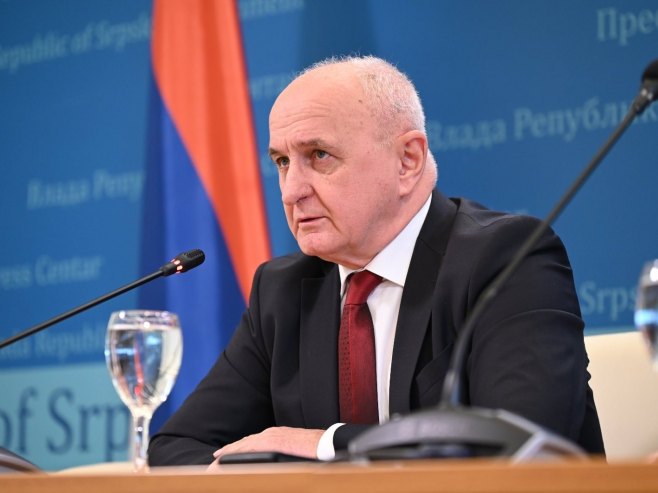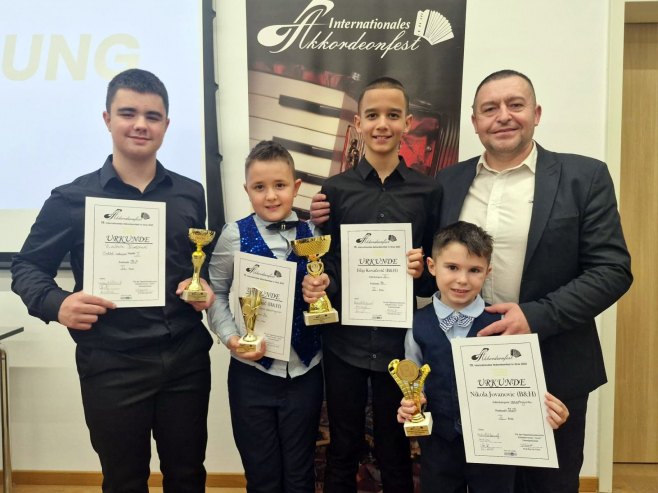Dr. Marko Đukanović, assistant professor at the Faculty of Natural Sciences and Mathematics in Banja Luka, together with colleagues from four countries, has published a scientific paper in one of the world’s most prestigious journals in the field of artificial intelligence, Expert Systems With Applications, which has an impact factor of 7.5.
The paper, titled “Learning Search Algorithm for the Restricted Longest Common Subsequence Problem”, introduces a novel approach showing how artificial intelligence can assist in solving complex problems in bioinformatics.
The research combines two powerful tools of modern science—heuristic algorithms, which enable efficient search across large search spaces, and neural networks, models that mimic the way the human brain learns. This synergy results in a hybrid system capable of making better decisions in the search space, yielding significantly higher-quality solutions.
An additional contribution of the work is the use of explainable artificial intelligence, which provides concrete reasoning as to why certain algorithmic decisions result in better or worse outcomes based on the attribute values of a given problem instance. This ability to explain algorithmic decision-making is what makes the paper especially impactful. In fields such as combinatorial optimization, where solutions are often accepted without deeper insight into algorithm performance, this approach represents a crucial step forward in improving algorithm design.

The study was conducted in collaboration with six scientists from Slovenia, Serbia, Spain, and Bosnia and Herzegovina. In addition to Dr. Đukanović, co-authors include Jaume Reixach and Dr. Christian Blum from the Institute of Artificial Intelligence in Barcelona; Ana Nikolić and Dr. Tome Eftimov from the Jožef Stefan Institute in Ljubljana; and Prof. Dr. Aleksandar Kartelj from the Faculty of Mathematics at the University of Belgrade.
The research was supported by a bilateral scientific project between the Faculty of Natural Sciences and Mathematics at the University of Banja Luka and the Jožef Stefan Institute, as well as by the national project “Application of Deep Learning for Improving the Efficiency of Optimization Algorithms”, funded by the Ministry of Scientific and Technological Development and Higher Education of Republika Srpska, led by Dr. Đukanović.
Source: See Srpska









